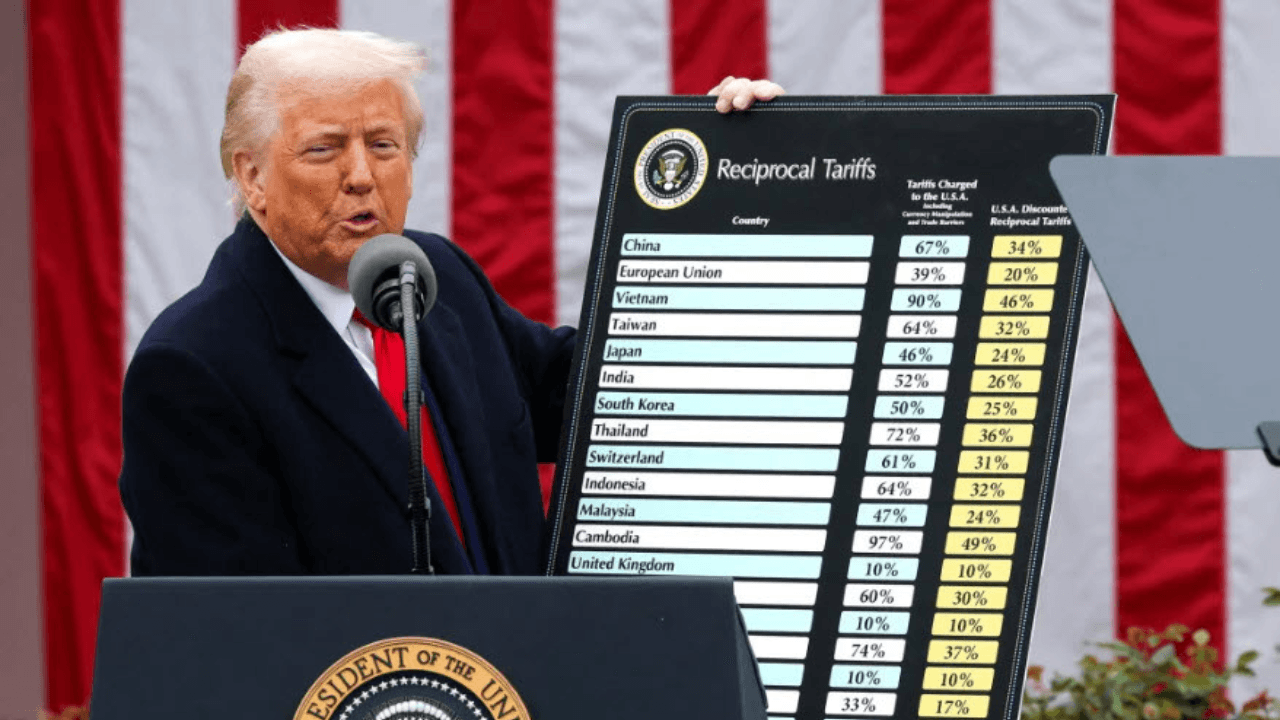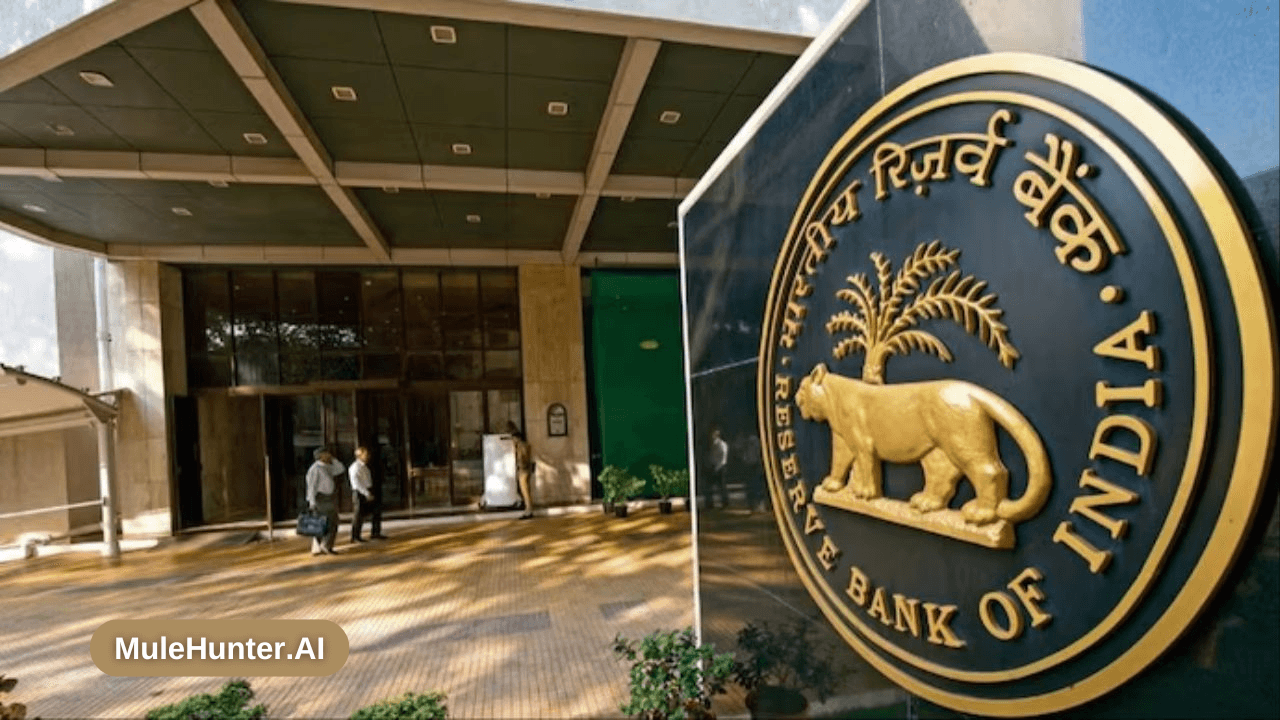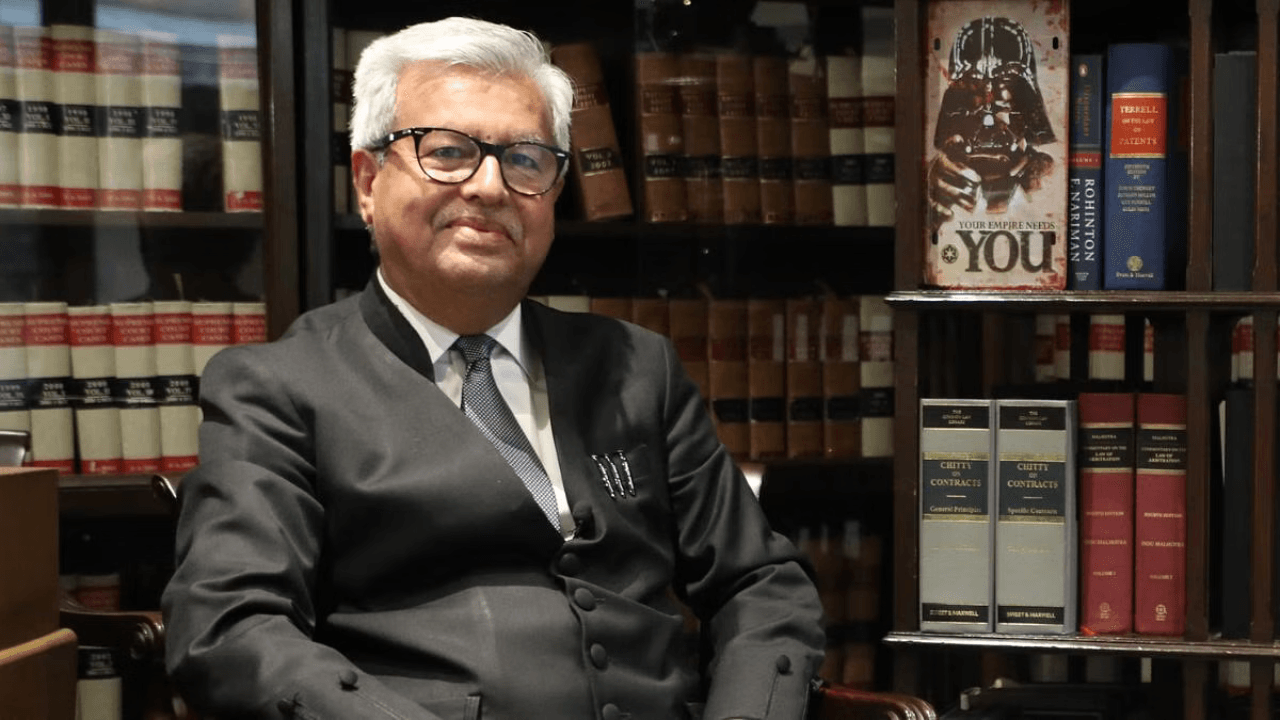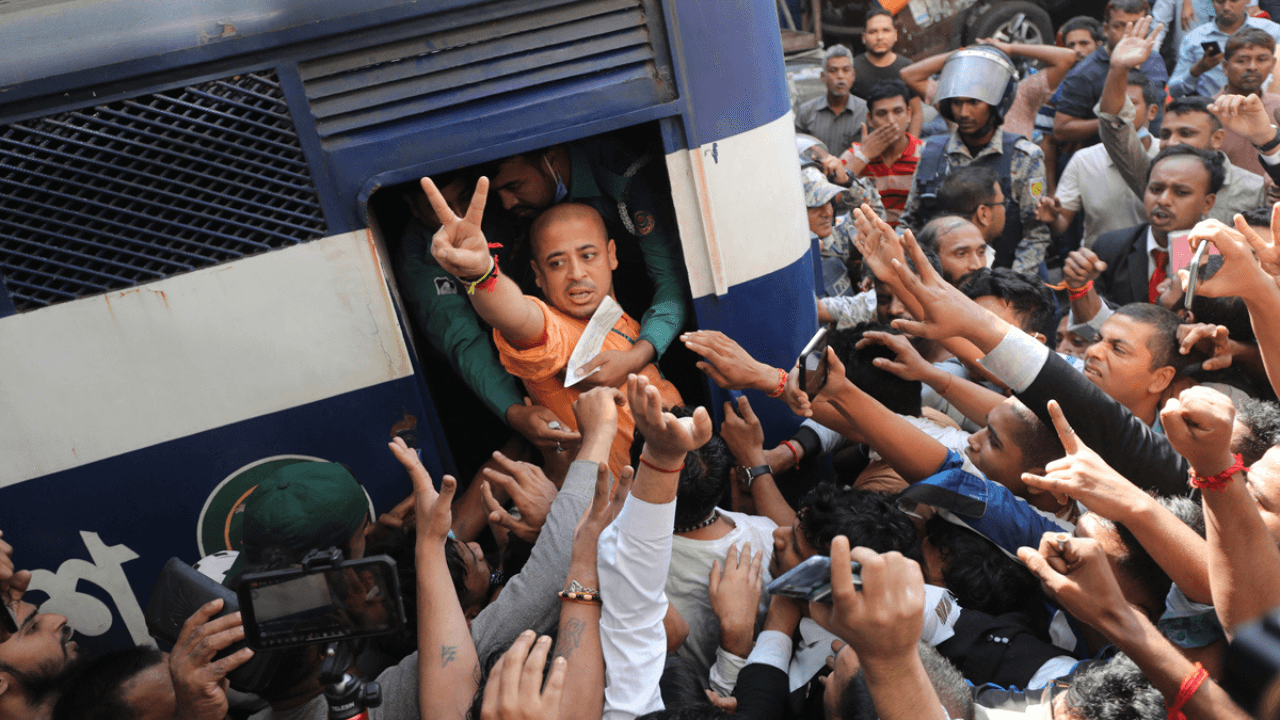23 July 2024, New Delhi: In a significant move aimed at easing the tax burden on salaried individuals, the finance minister announced a revised tax rate structure under the new tax regime. The new slabs are as follows: income up to ₹3 lakh is exempt from tax; income between ₹3 lakh and ₹7 lakh is taxed at 5%; income between ₹7 lakh and ₹10 lakh is taxed at 10%; income between ₹10 lakh and ₹12 lakh is taxed at 15%; income between ₹12 lakh and ₹15 lakh is taxed at 20%; and income above ₹15 lakh is taxed at 30%.
The Finance Minister highlighted that a salaried employee could save up to ₹17,500 annually under the revised tax rates. “This restructuring is part of our broader effort to provide more disposable income in the hands of the middle class, which will, in turn, stimulate economic growth,” the Finance Minister stated.
Comparison with Previous Year’s Tax Slabs
Under the previous year’s budget, the tax slabs were slightly different. The income up to ₹2.5 lakh was exempt from tax; income between ₹2.5 lakh and ₹5 lakh was taxed at 5%; income between ₹5 lakh and ₹10 lakh was taxed at 20%; and income above ₹10 lakh was taxed at 30%. The introduction of new intermediate slabs at 10%, 15%, and 20% represents a significant change aimed at providing more granular relief to taxpayers.
Economic Context and GDP Comparison
The announcement comes against the backdrop of India’s economic performance. Last year, India’s GDP grew at a modest 6.5%, reflecting the challenges posed by the global economic slowdown and domestic issues such as inflation and unemployment. This year, however, the GDP growth is projected at 7.2%, a positive sign that suggests a recovery is underway.
The Finance Minister emphasized that the revised tax structure would not only benefit individual taxpayers but also contribute to the overall economic growth by boosting consumer spending. “The increase in disposable income is expected to enhance demand, thereby giving a much-needed fillip to various sectors,” the minister remarked.
Critical Perspective
While the new tax regime is being lauded for its potential to increase disposable income, there are concerns regarding its actual impact on the broader economy. Critics argue that the savings for individual taxpayers, though significant, might not be sufficient to drive substantial economic growth. Moreover, the middle and lower-middle-class families, who are expected to benefit the most, might still face challenges due to persistent inflation and rising living costs and unemployment.
Conclusion
The new tax regime marks a progressive step towards tax reform, with potential benefits for salaried employees. However, its long-term impact on the economy will depend on a range of factors, including the government’s ability to manage fiscal pressures, inflation and employment generation ensure sustainable economic.












